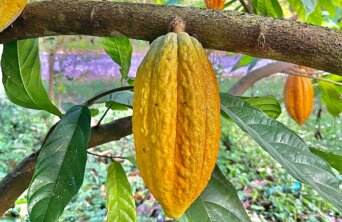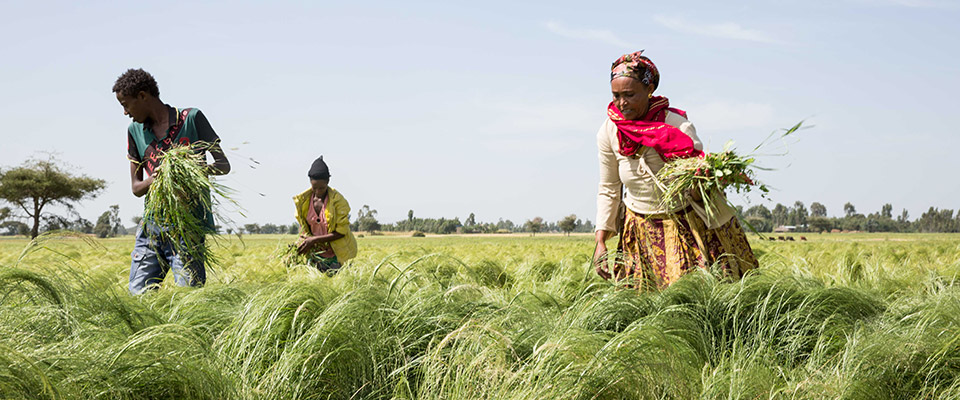- About
- Topics
- Picks
- Audio
- Story
- In-Depth
- Opinion
- News
- Donate
- Signup for our newsletterOur Editors' Best Picks.Send
Read, Debate: Engage.
| topic: | Sustainable Consumption |
|---|---|
| located: | Malaysia |
| editor: | Angeline Foo |
While West Africa's chocolate manufacturers face unprecedented challenges, a different narrative unfolds among Asia Pacific's resilient and innovative local chocolatiers.
The world is on the verge of facing another crisis linked to existing human-induced weather pattern disruptions from El Nino and climate change. These world-changing phenomena have far-reaching impacts, with one particularly hard-hit agricultural crop dominating the news headlines recently.
Soaring cocoa prices, the highest in nearly five decades, are a byproduct of climate change. The arid weather conditions in Ivory Coast and Ghana, two West African countries that supply 70% of the world's cocoa, have significantly impacted cocoa production.
Chocolate manufacturers, who depend primarily on cocoa from these two countries, are bracing for a potential slowdown in demand.
Asia has been dubbed the fastest-growing market for chocolates for decades due to the considerable expansion of the region's middle-class population. According to Bloomberg, over a billion Asians will join the world's middle by 2030.
The average GDP growth rate for emerging Asian countries will reach 5.4% in 2024. In Malaysia, real GDP grew by 8.7% in 2022, driven by domestic consumption and services.
Though this is a positive indicator of strong domestic demand, driven by private consumption and consumer confidence in the national economy, cocoa prices are at an all-time high, and cocoa traders have entered unprecedented territory.
Malaysia has the ideal climate and fertile soil to grow cocoa beans. Its homegrown chocolatiers figured out a sustainable solution to this before they started crafting artisanal chocolates a decade ago.
Despite the limited scale of farming in the country, Ong Ning-Geng, a Malaysian native and founder of Chocolate Concierge and Culture Cacao, who deals directly with indigenous farmers, still believes one can make a living out of farming cacao.
Ning has made significant progress in creating high-quality chocolates that incorporate unique local flavours, such as the spicy and tangy Assam Laksa, a popular Malaysian street food similar to the broth-based Vietnamese pho. The company has promoted single-origin Malaysian chocolate while preserving the distinct flavours indicative of the region's geography and fermentation process.
Some crops the chocolatier is introducing include native plants threatened with extinction.
Ning's single-minded, hands-on approach means he is involved in different stages of the production of cocoa and chocolate. He jointly owns farms and gets his hands dirty by grinding down cocoa beans on-site. He has also worked with 2 Michelin-starred restaurants in Dewakan and devised using dried cocoa leaves for packaging chocolates, thus cutting down on plastic packaging in high-end chocolates.
Cocoa is a crop with so much history and generational knowledge that abandoning it altogether would be unthinkable. Sustainable chocolate improves the environment and retains farmers' livelihoods in Southeast Asia.
Image by Elle Inlom.

